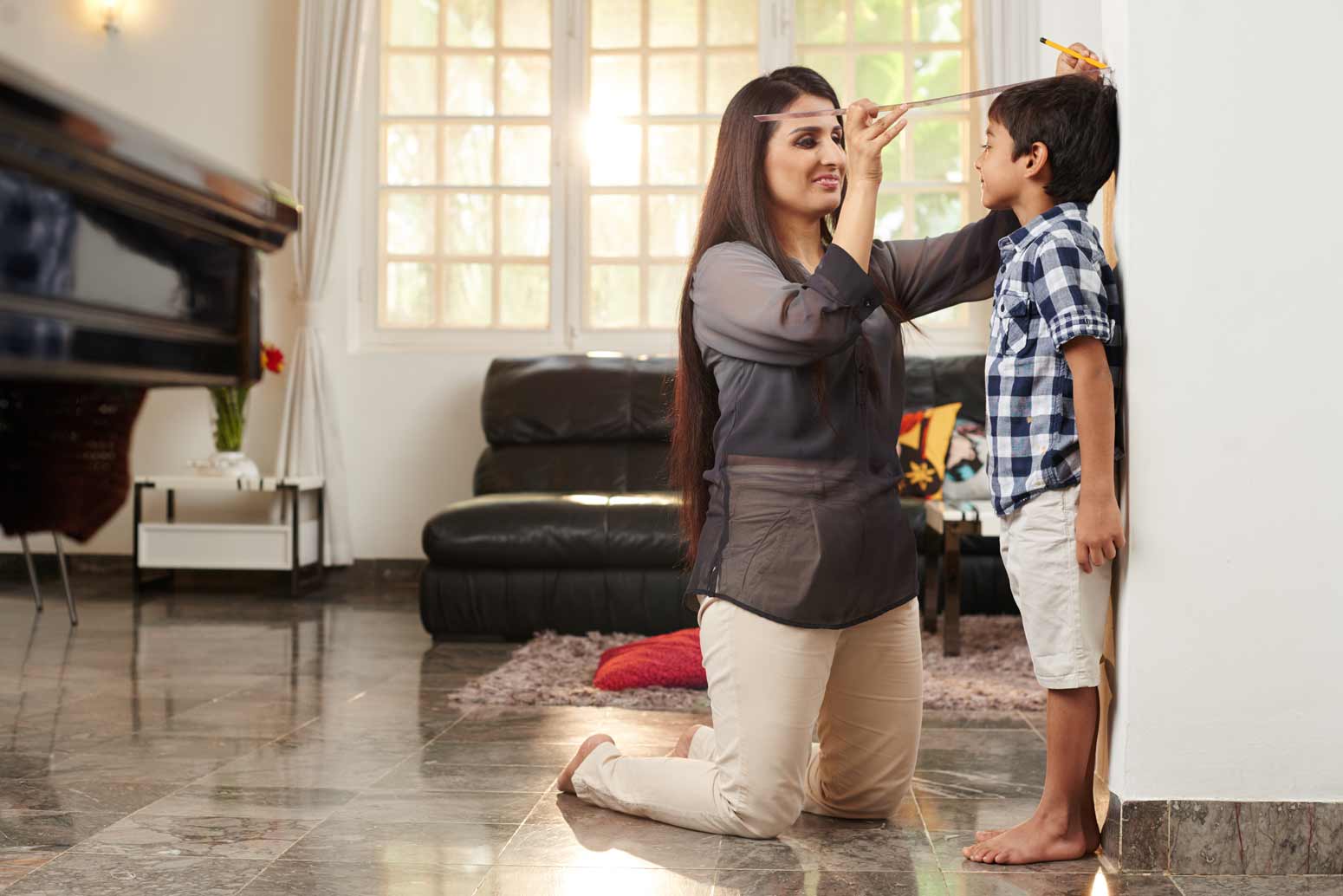Our son is five years old. He has autism spectrum disorder.
The Mayo Clinic defines autism as “a condition related to brain development that impacts how a person perceives and socializes with others, causing problems in social interaction and communication. This is why many with autism find comfort communicating online, even though that sometimes comes with its own dangers. The disorder also includes limited and repetitive patterns of behavior. The term ‘spectrum’ in autism spectrum disorder refers to the wide range of symptoms and severity.”
When I read this, it drove home the fact that even a professional look at autism does not fully encompass everything that I have come to know about it. The definition can become even more blurred when we take the chance to open up about our own experiences. Because autism is a spectrum, it is sometimes difficult to confidently navigate the terms we use within our conversations. Every child is different. However, it is good and necessary to push forward. As the diagnosis becomes more prevalent, our voices matter that much more.
Even a professional look at autism does not fully encompass everything that parents come to know about it.
Let’s understand and advocate for the true meaning of autism.
If you’ve been a part of the autism community for any time, you know that there are different opinions about how to talk about our kids.
Is it a disability or a different ability?
Is it special needs or very special needs?
Is it a disorder or social inability?
Are they autistic or do they have autism?
To me, the discussion surrounding autism isn’t as important as the relationship we have with our child. How we relate with our children determines the ability in which we can convey the true meaning of autism to others. Hopefully, our kids may one day be able to do that on their own. However, until that time, we have been put into the unique position to be able to advocate on the front lines within our communities or wherever we are led.
We parents have first-hand knowledge, experiences, and expertise from caring for our child. We not only know what autism looks like but what autism really is. We are often told that our kids “look normal” and their behavior is perceived as a bratty or defiant.
When we take the time to understand our kids and who they were made to be, then we can really begin to make a difference in spreading awareness. When we share with others about our reality, we don’t want sympathy; we want understanding, acceptance, and inclusion. We are not advocating because we care about what other people think; we advocate because we want to change the way people think about autism.
So, here is what autism looks like to the real professionals—the parents.
—“Autism looks like a mama who must adapt everything she ever thought being a mother would look like. Autism looks like the inability to handle something not wanted. It looks like throwing every french fry off a plate at a restaurant when he wanted his plate to only have chicken tenders on it. Autism looks like screaming that we can’t go around and turn off all the lights everywhere we are. Autism looks like him on the floor, kicking, screaming, yelling, ‘I want to bite you!’ Autism looks like something that causes everyone to stop and stare at least once per time we leave the house.” -Nicole G., Florida
—“Autism looks like a capable young man that cannot get a job because there is lack of awareness of the high unemployment rates for adults with autism. As well as companies not stepping up and giving individuals with autism a chance. Autism also looks like a very happy young man that, even without a job, has a wonderful attitude and a great outlook on life. He makes the most of every single day and he makes his family proud.” -Kelly D., Florida
—Autism looks like a parent standing in front of their child while they meltdown, while other people are whispering that the child needs to be spanked.

—Autism looks like a child that knows they are different but are empowered by parents that help them find their strengths.
—Autism looks like parents cheering on their 5-year-old child for pointing for the first time ever.
—Autism looks like a picky eater when really, they have an aversion to certain types of food textures.
—Autism looks like flapping hands while marbles roll down a marble run.
—Autism looks like an expertise in what was once considered an obsession.
—Autism looks like an obnoxious child repeating everything you say when it’s really echolalia—something that helps them learn how to better communicate.
—“Autism looks like us eating out by going through a drive-thru and eating in the car because we’ve been stared at and even moved away from too many times to keep trying to eat at restaurants as a family.” -Sandra P., Texas
—Autism looks like a journey that can be a blessing because our children were made in the image of God.
—Autism looks like all the small things that really are the big things in life.
We can learn through each unique journey all about how we as a society can adapt our thoughts to accommodate this often ostracized group of people. I pray that we can move from a place of fear and unknown territory to one of love and understanding.
When we take the time to understand our kids and who they were made to be, then we can really begin to make a difference in spreading awareness.
—
Want more on special needs parenting?
10 Ways to Advocate for Your Special Needs Child
Applying Grace and Understanding in the World of Autism
Don’t miss these popular articles:
To: First-Time Moms-to-Be, From: a 7-week Mom
If You’re in a Hard Season, It’s Time to Speak Life
This Is Why Women Are Great Defenders of the Helpless
8 Things Moms Should Say to Raise Strong Kids
Finding Your Grit Just When You Are Sure You Don’t Have Any
Battered Faith: Holding on to Hope Even When You Struggle
#gritandgracelife
You’ll love this podcast episode from This Grit and Grace Life: Stop the Mommy Wars: Every Mom Is Doing Something Right – 045













